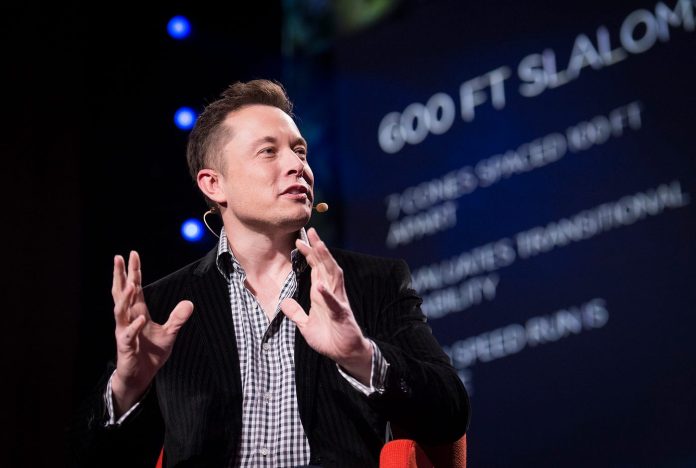
TIME Magazine recently released a cover where Elon Musk, the world’s richest man, was sitting at the president’s desk in the oval office. President Trump has allowed Musk, an unelected official, to stumble into a deceptive amount of power.
Musk was a top donor to President Trump’s campaign, spoke at many of his rallies and endorsed Trump on his X account. Now, Musk has been rewarded with his own government agency, the Department of Government Efficiency (DOGE), which aims to find waste in federal programs and cut funding to bring down the government’s spending deficit. On the surface, a successful businessman should be able to handle the government’s money efficiently, right?
Instead, we have seen a gross undermining of American principles and needs. Musk spent around $250 million on Donald Trump’s election, and, in return, received the keys to a government agency that has immense implications on how the country operates along with an estimated $200 billion increase to his net worth at its peak, according to Yahoo Finance. Musk’s positionality as a businessman, billionaire, government official and media mogul is one of immense power and should be an utmost concern for Americans.
Musk is the owner of two major businesses: X, formerly known as Twitter, and Tesla, a Car company that focuses on clean energy and has aspirations for artificial intelligence (AI) capabilities. Because of his commitment to clean energy, Musk is being subsidized by both the federal and state governments for contributing to clean energy, despite his outrageous net worth, which has flown above $450 Billion according to Yahoo Finance.
Considering the circumstances, I find it ironic that the world’s richest man, who is receiving subsidies from the government, is then given the authority to cut government programs in the name of wasteful spending. There is an obvious conflict of interest here. Musk is in control of programming that directly impacts his own business, whilst having the ability to cut aid for programs that people much less fortunate than him rely on for the preservation of their lifestyle. But there’s more to it than principle: so what actually has happened under Musk and DOGE?
The most notable cut that DOGE has made to date is the trimming of federal jobs through mass layoffs. The idea here is that the government can save money on wages and still work just as efficiently. The layoffs largely targeted new hires that were on probation plans, according to TIME. Although the layoffs are still receiving pay until September, I believe this is one of the most oppressive ways to cut on “wasteful spending.”
Now unemployed, these workers must reenter the job market with any previous job offers gone, taken by someone else or rescinded. The administration that looks to tackle economic hardship is turning around and actively cutting jobs, something that would intuitively take the opposite approach. Job creation is difficult, and now extra work must be done to circumvent this need. Not only is this upsetting in a moral way, but, in practicality, it is also a head-scratcher.
One of the better-known cuts was to the United States Agency of International Development (USAID), aiding developing nations and building allyship. Another cut was made in Diversity, Equity and Inclusion (DEI) programs, designed to curb the practice of discrimination in hiring. DOGE is looking into Medicare and Medicaid, the Centers for Disease Control and Prevention (CDC), the Department of Education and plenty more with cuts inevitably following according to TIME.
After cutting DEI programming and some other federal grants, TIME says the government ended up saving around $250 million. It sounds pretty great until Yahoo Finance reminds you that Elon Musk’s net worth has increased by over $1 billion a day since election day. While DOGE’s impact in total savings remains to be seen, the context of the man making the cuts should be concerning. A donation of under 5% of Musk’s worth should more than cover every bit of “waste” that DOGE could eventually find.
Musk is not cutting subsidies given to corporations like his own. He has instead focused on everyday organizations involving healthcare, education and equitable programming. Factoring in President Trump’s desire to cut taxes, one can see the existence of a major conflict of interest where Musk continues cutting funding to programs that aid the middle and lower classes in the name of government savings, while the rich are disproportionately benefited by tax cuts and do not rely on government programming. In addition, Musk shrinks the government, thereby shrinking the potential checks on his power, both as an official and as a businessman.
There might be wasteful spending in the government and some rhetoric surrounding government uselessness is convincing, but, no matter who you are, you should be concerned about the dangers of Elon Musk and his organization’s authority getting out of control.
